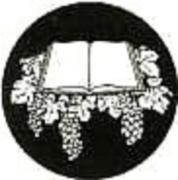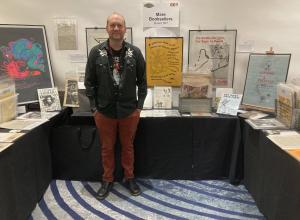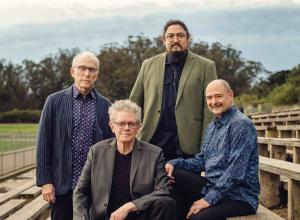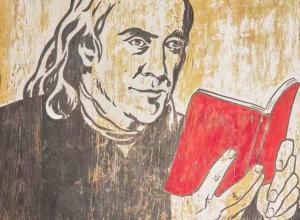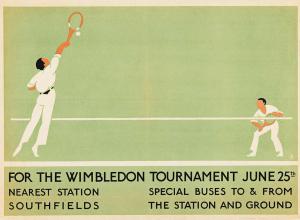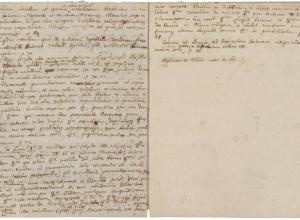Bodleian Acquires Rare Johann Sebastian Bach Manuscript
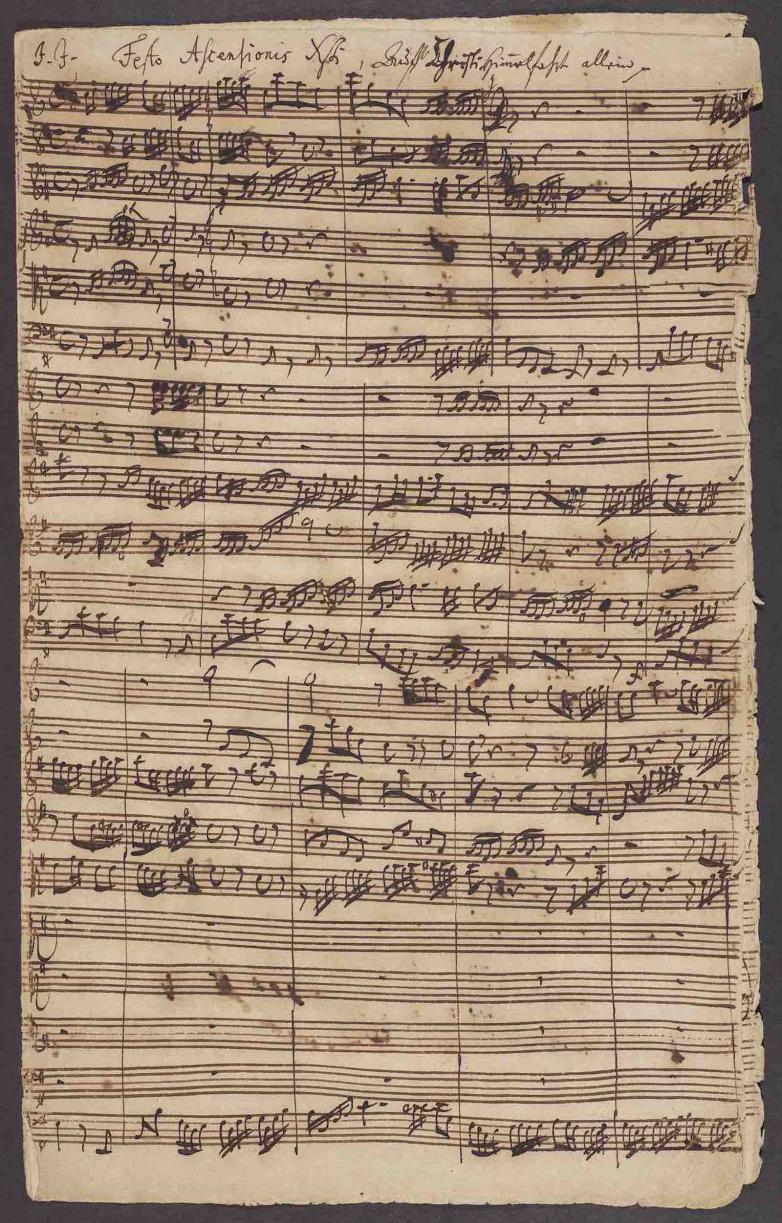
Johann Sebastian Bach, Cantata Auf Christi Himmelfahrt allein, BWV 128 [1725], Catalogue no.1. The autograph manuscript of the full score, the only surviving working manuscript, with annotations also by Bach's eldest son, Wilehelm Friedemann.
Bodleian Libraries has announced the acquisition through the Acceptance in lieu scheme of the autograph of Johann Sebastian Bach’s cantata for Ascension Day, Auf Christi Himmelfahrt allein (BWV 128).
The manuscript, which is one of only four in the UK in the hand of the great composer, has been accepted in lieu of Inheritance tax by HM Government in 2024 and allocated to the Bodleian. The manuscript goes on public display today as part of the free exhibition Write, Cut, Rewrite which runs through January 5, 2025 in the Weston Library’s Treasury.
The autograph, also known as the Kohn manuscript after the collector Ralph Kohn, is a magnificent example of a composing draft, which sheds light on one of Bach's finest cantatas, a testament to the composer’s swiftness and elegance of writing. The document has been exceptionally well cared for and the erosion of paper is mostly limited to the edges, making this one of the best-preserved autographs of Johann Sebastian Bach. It was composed for the feast of the Ascension, 10 May 1725 but it did not appear in print until 1878, 150 years after it was composed.
Despite his prolific production, very few of Bach’s works were published in his lifetime, and without the survival of his autograph manuscripts in institutional collections most of his masterpieces would be lost.
The most extensive collections of Bach’s manuscripts are in Berlin and Leipzig, and most of the surviving cantata manuscripts are in institutions in Germany, Poland and the USA. In the United Kingdom, there are only three other Bach autographs, two of which are held at the British Library, and one in the Fitzwilliam Museum, Cambridge. This cantata manuscript was previously exhibited in the UK at Buckingham Palace on the occasion of the performance of the piece for the then Prince of Wales in the early 2000s.
The autograph of Auf Christi Himmelfahrt allein will join the music archive of the Bodleian’s Special Collections, in particular the M. Deneke Mendelssohn collection which contains a lot of material relating to Felix Mendelssohn’s enthusiasm for J.S. Bach and pioneering work to revive interest in the work of his musical hero. The collection contains Mendelssohn’s manuscript copies of many of Bach’s works which he used to prepare his own performances and editions, notably the performance materials from his famous revivals of the St Matthew Passion in 1829 and 1841.
The cantata manuscript will be digitised and made available through the Library’s platform for sharing its digitised collections, Digital Bodleian, and through the Bach Digital online portal. A performance, commemorating the tercentenary of its original performance in 1725 is being planned.
The manuscript was last owned by Leipzig-born Sir Ralph Kohn, who left Nazi Germany as a child and sought shelter in Britain, where he became a successful medical scientist and businessman.
The short, festive cantata, which lasts less than 20 minutes in performance, is scored for two horns, three different types of oboe, trumpet, strings and continuo, with four-part chorus, and alto, tenor and bass soloists. Its five movements comprise a celebratory opening chorus, a short recitative and aria for bass voice, a duet for alto and tenor, ending with a simple chorale. The music for this cantata was all new, which is relatively unusual for Bach who frequently recycled and adapted movements from his other compositions. The music for many of his cantatas has not survived at all.
The manuscript comprises four large-format bifolia (16 pages), handwritten by the composer himself in brown and black ink. The title is written above the first page of music, Festo Ascensionis Xsti, Auff Christi Himmelfahrt allein, preceded by Bach’s personal epigraph ‘J.J.’, which stands for ‘Jesu Juva’ (‘Jesus, Help’). This is Bach’s composing score, a working document in which the composer made many corrections and revisions, especially in the opening chorus. The manuscript also contains some annotations by Bach’s eldest son, Wilhelm Friedemann, and a few faint pencil marks made by the printers as they prepared the work for its first publication in 1878.
As Cantor of the Thomasschule in Leipzig, Bach was expected to compose a new cantata for practically every Sunday of the church year, as well as special festivals like Ascension Day. Much of the writing betrays signs of great haste - bar lines straggle down pages and there is little attempt to maintain the vertical alignment of the different parts. It is also interesting to see how Bach achieves his alterations by a variety of means, sometimes by scratching out the text with a pin, or simply by crossing through with his pen. The smudges made accidentally by his hand or sleeve before the ink was dry add a personal touch to the manuscript.
Occasionally, where Bach has deleted notes or passages and heavily gone over various sections with his pen, the acidic ink has eroded the paper. This is unfortunately a common problem with the surviving Bach autographs, but this example is better than most, presenting fairly limited signs of erosion.
Characteristically, Bach does his best to condense the maximum amount of music into the minimum space, keen to avoid wasting valuable paper wherever possible. Every corner of the page is filled, the music flowing right to the edge. The dramatic immediacy on the page and the evident haste in which the composer wrote down his music, impart a sense of urgency and creative energy to Bach’s scores, which are often extremely beautiful in their own right. This manuscript is no exception.
On this new acquisition, the Alfred Brendel Curator of Music at the Bodleian Libraries, Martin Holmes, said: "It must be every music librarian’s dream to be given custody of a Bach autograph and the library is honoured to have been entrusted with this magnificent manuscript."





